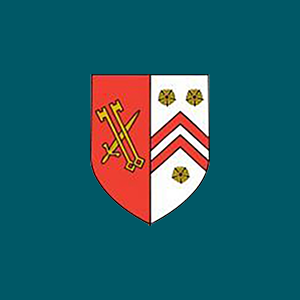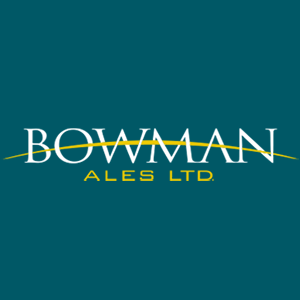Steeleye Span has been one of the most influential names in British roots music. Pioneers of folk-rock, Steeleye Span changed the face of folk music forever, taking it out of small clubs and into the world of gold discs and international tours. Members have come and gone over the years, but Steeleye has always remained at the forefront of the genre they helped to define, and, 38 years later the band has become an institution in British music.
Steeleye Span formed in 1969, with the vision of playing folk music in a contemporary, electric band format. Taking their name from the song Horkstow Grange, their debut album Hark! The Village Wait is a pioneering album that set out the blueprint for folk-rock.
When you come to a Steeleye Span show you can expect to hear many of the familiar classics next to gems both old and new, all delivered with a burning passion and unrivalled experience.
Westcountry folk singer and multi-instrumentalist Seth Lakeman was nominated for the Mercury Music Prize in 2005 for ‘Kitty Jay’. Seth’s thrilling solo performance of the eponymous title track on live television won him unanimous praise and started him on an incredible solo journey which has included record deals, 11 album releases (including 6 Top 40), BBC Radio 2 playlisted singles, a clutch of awards and touring all over the world. 2024 marks the 20th anniversary of the album’s release.
Seth released his latest and 11th studio album Make Your Mark in November 2021. The album features 14 powerful, brand-new songs including the singles Higher We Aspire and title track Make Your Mark which were playlisted at BBC Radio 2. Seth was also delighted to be asked in late 2022 to record on Van Morrison’s new album ‘Moving On Skiffle’ which was released in March this year and he collaborated with Public Service Broadcasting. He has previously worked and toured extensively with Robert Plant (Led Zeppelin) with his band the Sensational Space Shifters.








